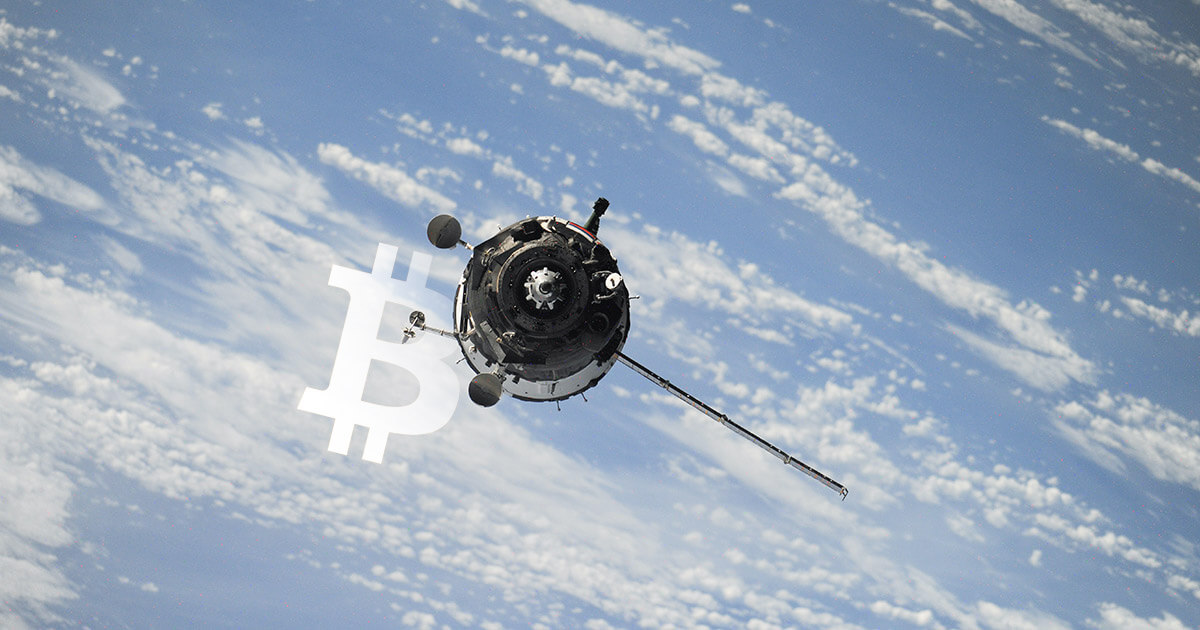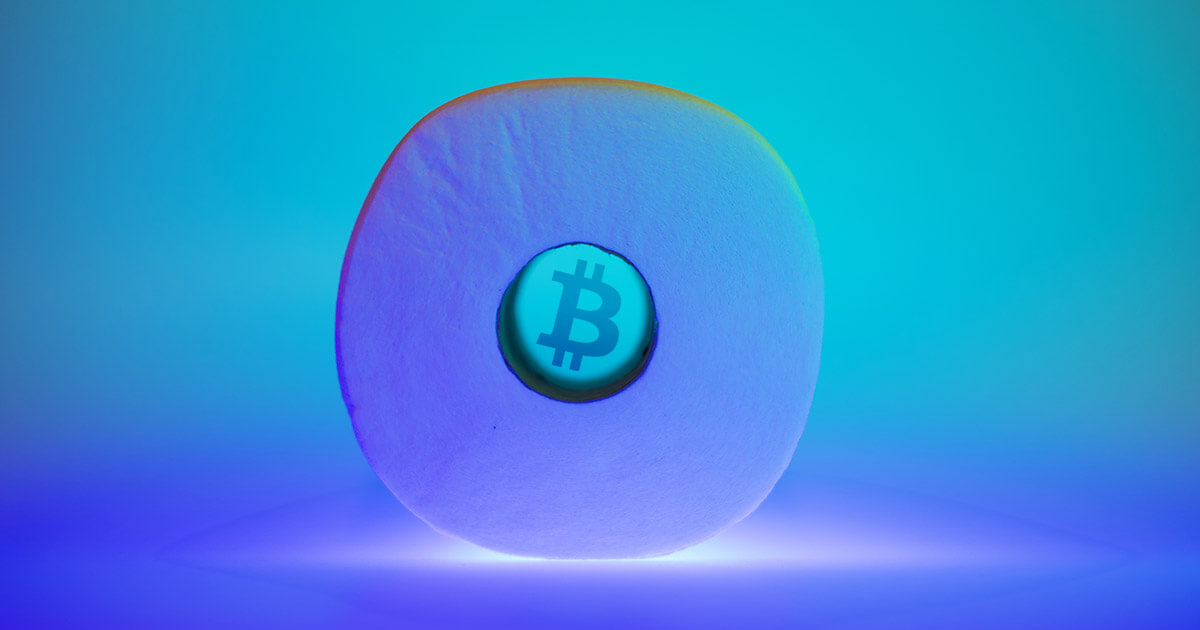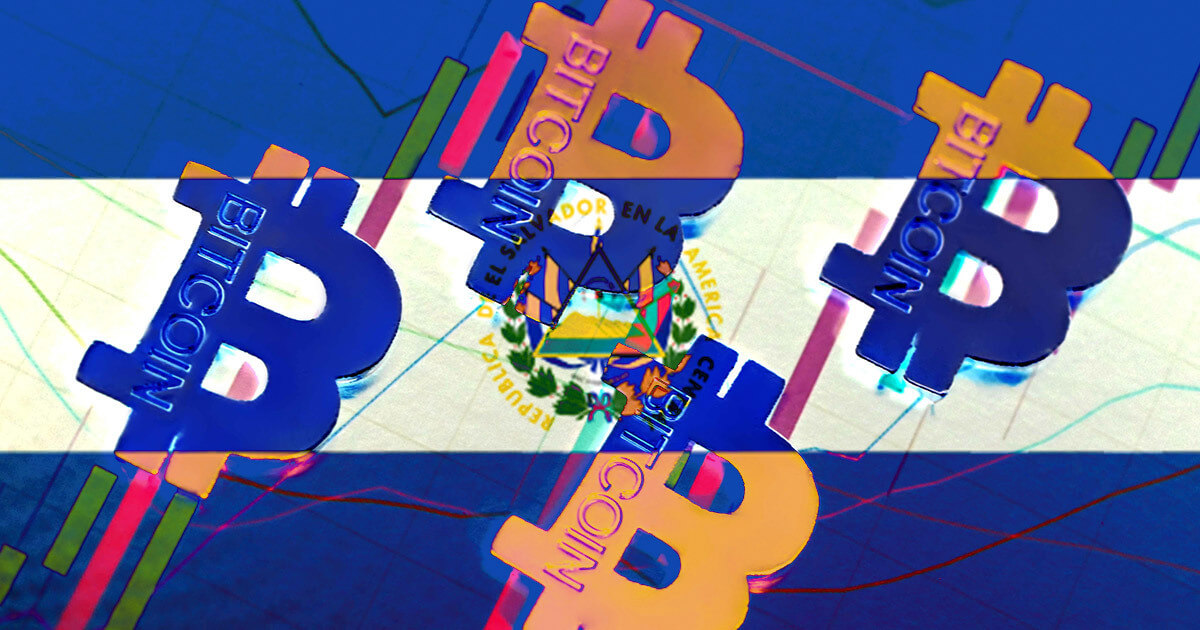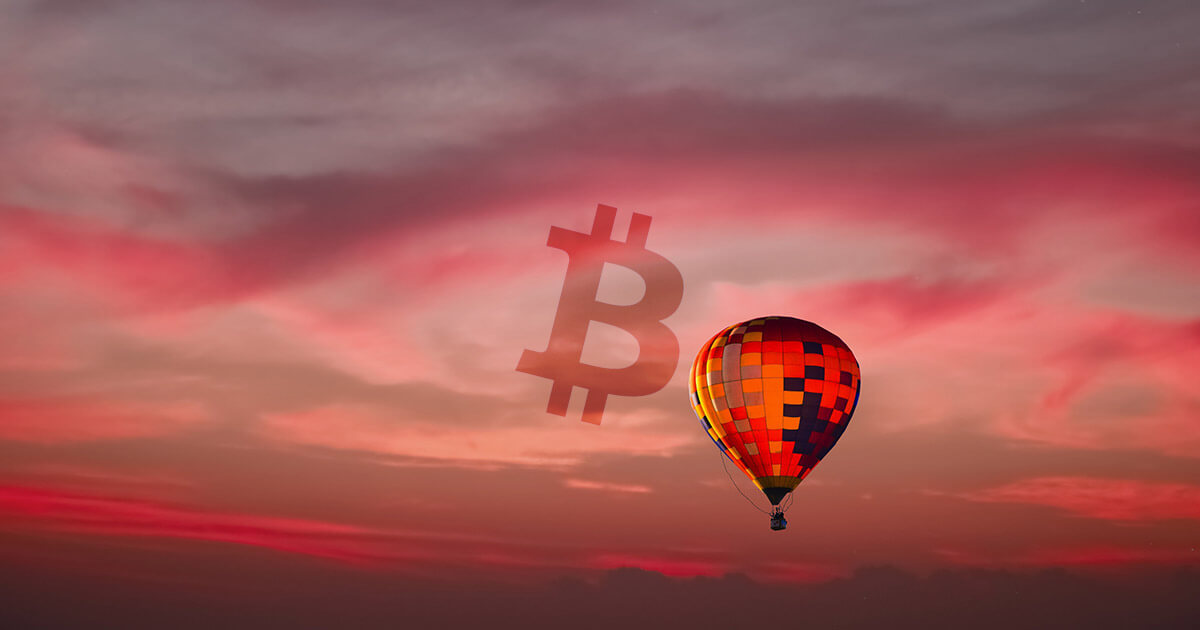Bitcoin storage and infrastructure firm Blockstream has made a significant upgrade to its ambitious satellite-centric Bitcoin node project, as per an official post earlier this week.
Streaming Bitcoin from space
Termed Blockstream Satellite 2.0, the upgrade now allows users to download a full node — right from Bitcoin’s genesis block — without the use of an internet connection. Other features include a “standards-based” transmission protocol, increased bandwidth, and added data coverage.
The project was first launched in August 2017, broadcasting real-time block information from six geostationary satellites in space. Over two-thirds of the global population could access the Bitcoin network at the time, with the latest update promising more coverage in the Asia-Pacific region and covering almost the entire planet.
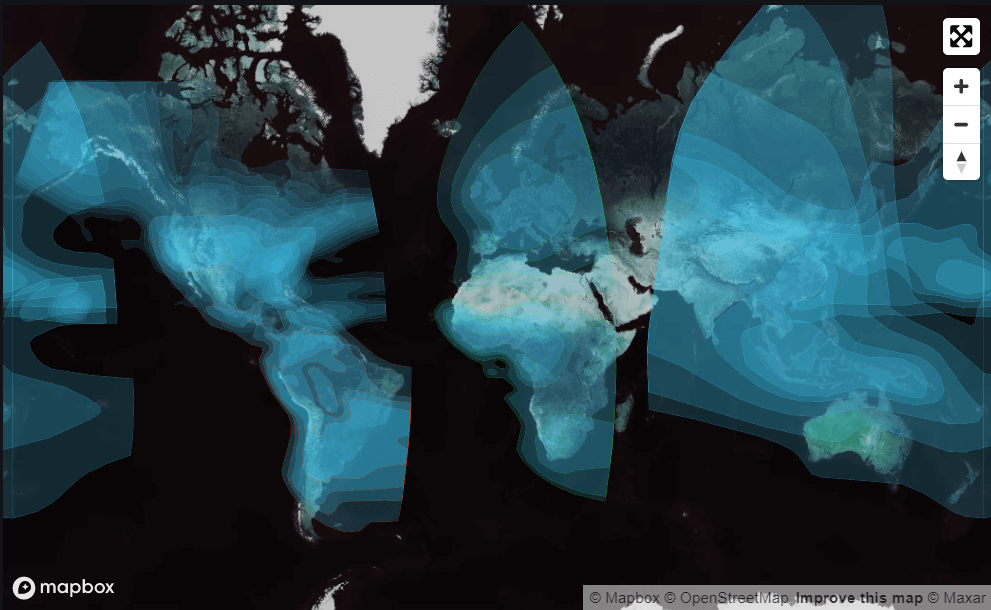
Users can further expect additional reliability at the “edges” of coverage zones and less interference from weather patterns, according to Blockstream’s blog.
Compared to the previous version, two unique “forward error correction” and a Bitcoin “lossless transaction compression scheme” additions help reduce the volume of transmitted data by an estimated 50 percent.
The update shifts to a DVB-S2 protocol, used by broadcasters and streaming services worldwide for faster data transfers and high-definition output. Previously, Blockstream’s product worked on a custom-built protocol and required internet connection for initial sync.
The official blog states 2.0 brings about significantly increased data transfers:
“Using the combination of more bandwidth, better spectral efficiency, [and] improved FEC coding efficiency (…), Blockstream Satellite 2.0 has over 25x the data rate compared to 1.0.”
Here’s how to do it
Users can position their existing antennae to connect with the satellite network as listed here. However, for the less technically savvy, Blockstream is launching proprietary products for easy installations and even multiple device support. The latter hardware is optimized to receive DVB-S2 data, making it arguably faster and more reliable than a homebuilt solution.
Two versions are available on Blockstream for pre-order. A $299 “basic” kit comes with a consumer-grade satellite receiver compatible with Linux-based devices. The $799 “pro” kit features dual satellite functionality, rack mount, and “multicasting” to additional devices. A $60 “flat-panel” antenna is required for the installation of both devices, incase buyers do not already own one.
Based in Canada, Blockstream has heavily invested in Bitcoin storage tools and infrastructure support tools. The firm was majorly involved in developing Bitcoin’s Lighting Network and is known for launching the Liquid Network protocol.
Meanwhile, Samson Mow, the chief strategy officer of Blockstream and a self-styled Bitcoin maximalist, took a dig on Ethereum via Twitter:
It takes less time to sync a new #Bitcoin full node over #BlockstreamSatellite than it does to sync a new Etherium full node over broadband. ?? https://t.co/CQHjHkGAp8
— Samson Mow (@Excellion) May 6, 2020




